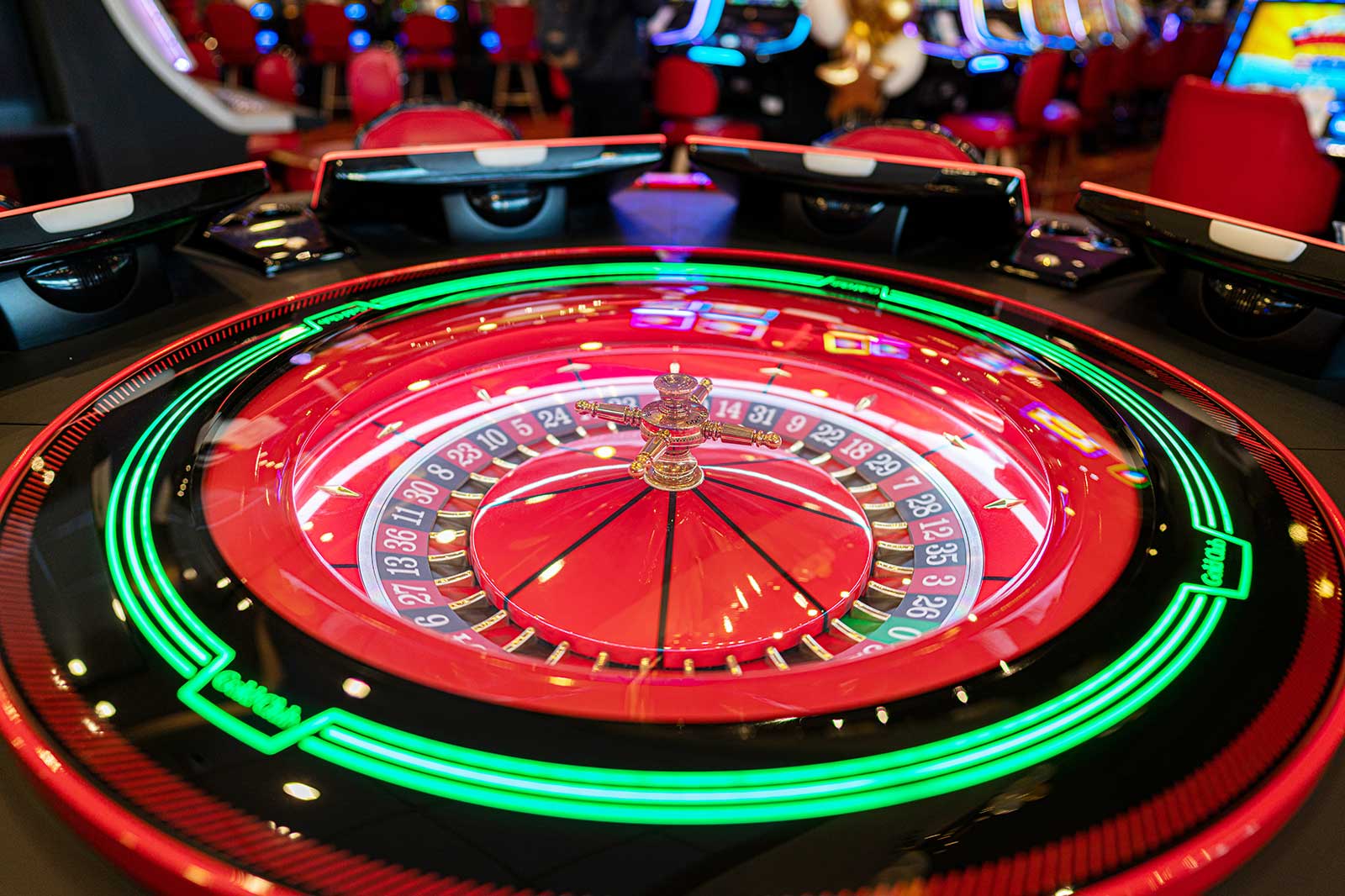In the world of gambling, where chance and strategy intersect, a unique tapestry of beliefs manifests—one that weaves together luck, fate, and the enigmatic nature of casino games. Casinos, bustling with excitement and anticipation, are not just spaces for placing bets; they are also arenas where superstitions thrive. From the novice player to the seasoned gambler, these mysterious practices often shape how individuals approach the games they play, holding the belief that their actions can affect the outcome in ways that go beyond mere probability.
When players gather around roulette wheels, blackjack tables, and slot machines, the atmosphere is thick with stories of lucky charms, rituals, and codified behavior that defy logic yet provide a sense of comfort. It could be the case that it’s wearing a specific outfit, following a particular sequence of bets, or even avoiding certain numbers, the attachment to various superstitions reflects a deep-rooted desire to master the uncontrollable. This article delves into the captivating world of casino game superstitions, exploring the beliefs that simultaneously entertain and mystify those who dare to play.
Historical Origins of Superstitions
Casino games have long been connected with an variety of superstitions that can be traced to primitive cultures. The origins of these beliefs can be linked to humanity’s fundamental need to control the unpredictable outcomes associated with fortune and randomness. In primitive civilizations, activities of uncertainty were often connected to religious practices. Players would invoke aid or request favor from spirits, believing that their actions could influence the outcomes in their advantage. This basis laid the foundation for the myriad of superstitions that proliferated as casino games evolved over centuries.
During the medieval age, gambling became a popular pastime across the continent, and with it, a colorful tapestry of superstitions appeared. Participants adopted numerous rituals and charms, believing they could change the outcome of games. The significance of numbers, in particular, emerged to show in superstitions around card games and dice. The number seven was often considered favorable, while other numbers carried negative connotations. These notions mirrored the societal contexts of the time, adapting as they transferred through generations and changed to different gaming environments.
As gambling houses appeared in the seventeenth century, particularly in Italy and the French nation, the atmosphere surrounding betting became imbued in mystique. The growing availability of gambling activities allowed for the spread and growth of superstitions among players. Concepts like charmed charms, designated seating locations, and rituals gained importance, creating a unique culture within gambling establishments. As these traditions continued to thrive, they became fundamental to the identity of gambling activities, illustrating how the past and tradition shape the notions that influence how gamblers connect with chance.

Common Gambling Myths
Beliefs surrounding casino games are abundant and varied, reflecting the hopes and anxieties of gamblers as they engage in random activities. One of the most common views is that specific numbers bring luck or misfortune. For example, the digit seven is often seen as a lucky digit, frequently sought after by players looking for a positive result. Conversely, the digit thirteen is routinely considered cursed, leading many players to steer clear of it during their gambling sessions.
Another common superstition relates to rituals that gamblers believe can affect their odds. It could be blowing gently on dice before a roll, using a specific hand to place a wager, or even putting on particular items of clothing, many people feel that these rituals can tilt luck in their favor. These practices offer a feeling of control in an otherwise unpredictable environment, strengthening the idea that luck can be created through individual convictions and customs.
Lastly, the ambiance and vibe of the casino itself contributes to myths. Many gamblers suggest that the presence of specific symbols, such as four-leaf clovers or lucky coins, can enhance their odds of success. Additionally, players might adhere to the belief that winning streaks can be halted by mundane events, such as someone walking past or a accident at the gaming surface. The shared atmosphere in a casino can amplify these beliefs, creating a communal culture of superstitions that transcends single experiences.
Impact of Superstitions on Players
Superstitions play a crucial role in the mindset of casino players, often influencing their behavior and decision-making. Numerous gamblers believe that fortune can be influenced through different rituals, such as donning a talisman, selecting specific colors, or avoiding certain numbers. This reliance on superstitions can create a feeling of control in an environment that is inherently unpredictable. Players frequently feel more confident and involved when they feel that their actions could sway the outcome of a game in their favor.
The impact of these superstitions extends past singular players, affecting the general atmosphere inside the casino. For instance, a player who believes in the luck of a certain slot machine might draw a gathering, as others are intrigued by their apparent success. This shared belief can heighten excitement and create a lively environment, leading to an captivating experience even for those who may not necessarily be believers themselves. The excitement around specific games can lead to higher participation and extended playing sessions, supporting the casino’s vibrant social scene. https://oke179.club
In some instances, superstitions can lead to detrimental effects for players. Relying too much on rituals can result in bad gambling decisions, as some may ignore basic strategies in favor of baseless beliefs. Additionally, the stress to perform rituals may increase anxiety and stress levels, detracting from the pleasure of the experience. Ultimately, while superstitions can enhance the excitement of playing casino games, they can also lead to unwise choices that overshadow the enjoyment and entertainment intended in the casino experience.
